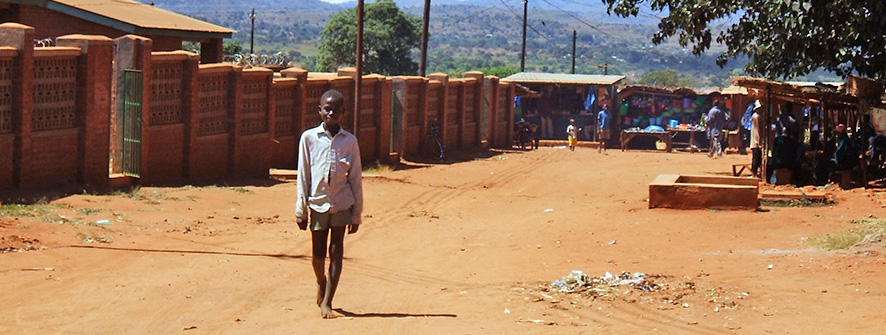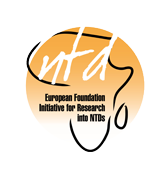Neglected Tropical Diseases


Five European Foundations - Fondazione Cariplo, Fundaçao Calouste Gulbenkian, Fondation Mérieux, Nuffield Foundation and Volkswagen Stiftung – teamed up to fund research conducted by African scientists on Neglected Tropical Diseases (NTDs).
NTDs are a group of diseases that scientifically and therapeutically are still neglected despite their being extremely aggressive and affecting one sixth of the world population. NTDs are widespread among poor populations living in tropical climate areas (100% of ‘low-income’-rated countries are affected by at least 5 concurrent NTDs). Of all these areas, Sub-Saharan Africa appears to be hit the hardest.
The Foundations allocated €3 million (of which €850,000 coming from Fondazione Cariplo) for grants to junior and senior African scientists (PhDs) selected via calls for proposals and required to enter a mentorship program with a European research institute while conducting their studies. By taking this approach the Foundations could invest in local human capital and develop a transnational network of cooperation.
Scientifically it has been a high-profile initiative: grants were awarded following a peer review based on the most stringent requirements and culminating in a meeting where the final selection was made. Research projects entailing multiple methods and delving into certain scientific issues linked to specific local needs were the ones selected for funding.
A call for proposals titled “African Fellowship Programme on Neglected Communicable Tropical Diseases and Related Public Health Research” was held three times. Under the first call for proposals launched in 2008, 14 research projects were funded with €1.2 million in the aggregate. In March 2009, a second call for proposals was launched and led to the awarding of 9 research fellowships (amounting to €1.2 million) in February 2010. The third call for proposals led to the awarding of another 10 research fellowships aggregating to over €800,000 in February 2012.
The initiative provided a great opportunity to develop the African countries’ capacity to conduct NTD research and lay the groundwork for the defeat of these diseases, which are neglected not because they are rare but because they have been forgotten in spite of their diffusion. As a case in point, suffice it to say that less than 1% of the 1,393 active ingredients registered between 1975 and 2000 were associated with the treatment of an NTD.
Unlike other infectious diseases, NTDs has failed to attract policymakers’ attention, barring a few recent cases. This initiative provided the Foundations participating in the partnership a major opportunity to grow, lead the way in this area and, at the same time, meet the objectives set by the World Health Organization (WHO) that considers NTDs a problem worth the attention of global society.